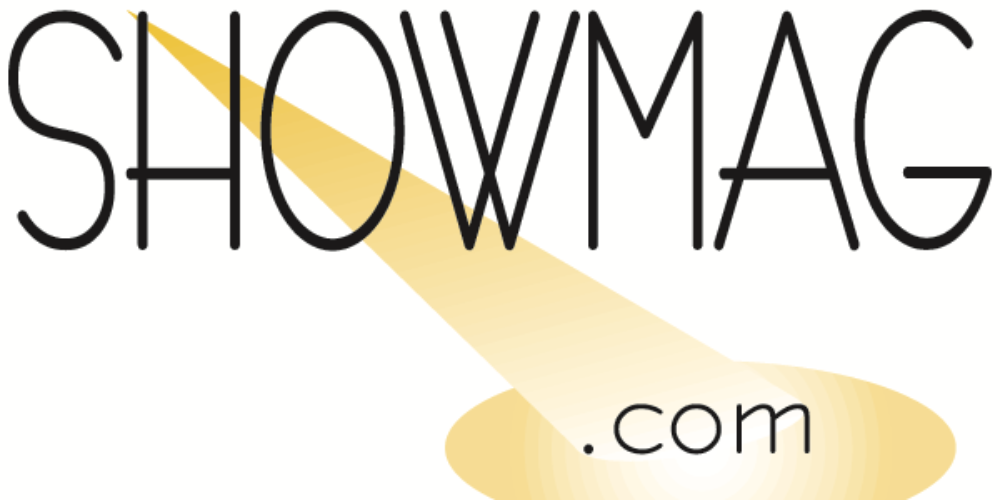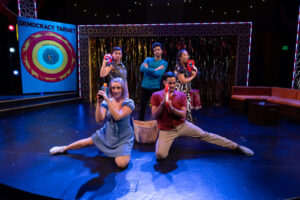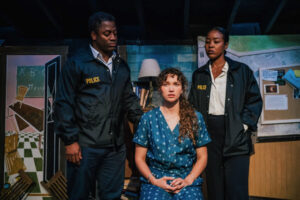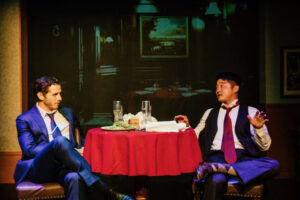Maria Callas was undoubtedly the most influential opera singer of the 20th Century. She had rivals with lovelier tone or more consistent pitch but none of that mattered when she tore up the stage with her fearless vocalism and passionate performing style. She also brought a more realistic acting style to the operatic stage, and her hunger for seldom-heard operatic gems continues to resonate in our opera houses.
She was the ultimate prima donna, as famous for her jet set lifestyle and her temperament as for her revelatory operatic performances. It’s no wonder that her fans dubbed her “La Divina.”
La Divina: The Last Interview of Maria Callas is the brainchild of singer/actress Shelley Cooper. Like Terrence McNally’s Master Class, the play features an embittered Callas after the voice has failed and the career is over. At less than an hour, Cooper’s script focuses tightly on Callas – her career and her thoughts on performance and voice. The interview format offers an effective and concise framework for Callas to share a wide range of biographical and artistic anecdotes.
Cooper punctuates the interview with operatic flashbacks which allow her to sing moments from famous roles like Lauretta, Violetta, Rosina, Carmen, Lady Macbeth, Orphee, and, of course, Tosca. A few of these roles were products only of the recording studios. But Callas brought the same intelligence and careful vocal and dramatic preparation to her recordings as she did to her on stage performances. And Cooper makes canny choices with these arias, mixing the familiar with other pieces that comment on, or illuminate, Callas’ state of mind in the interview.
Cooper makes no attempt to mimic Callas’ singing voice. She concentrates on singing each of the operatic excerpts with care and a clear understanding of their stylistic differences. While she also chooses not to imitate Callas’ unique, almost other-worldly accent, she does give a taste of the diva’s speaking voice by slowing her speaking tempo and pronouncing her words with great deliberation.
When the invisible interviewer asks the inevitable questions about her affair with Onassis and his subsequent marriage to Jackie Kennedy, it is clear that Cooper’s Callas would prefer to continue speaking about her artistry. But there is no sudden flare of that famous temperament. No diva moment. It feels like a wasted opportunity.
Cooper’s script and performance along with Mariangela Chatzisamatiou’s seamless direction make it clear why La Divina has been popular at several US and international Fringe Festivals. Unfortunately, I caught the final performance at the Hollywood Fringe Festival so there are no immediate productions I can steer you to. But I wouldn’t be surprised to see this show return to Southern California in the future.
Hollywood Fringe Festival — August 7-22, 2021









